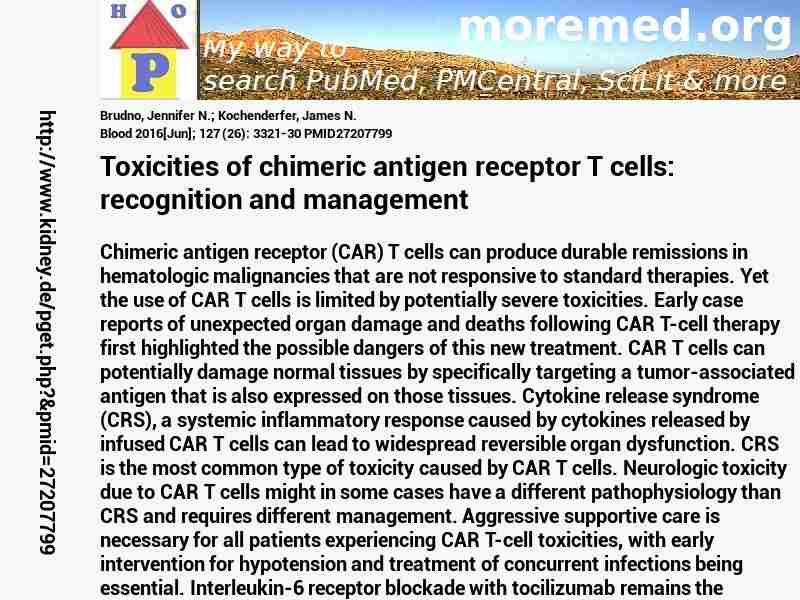10.1182/blood-2016-04-703751
http://scihub22266oqcxt.onion/10.1182/blood-2016-04-703751

C4929924!4929924!27207799
 free free
 free free
 free free
|  
Deprecated: Implicit conversion from float 209.6 to int loses precision in C:\Inetpub\vhosts\kidney.de\httpdocs\pget.php on line 534
Deprecated: Implicit conversion from float 209.6 to int loses precision in C:\Inetpub\vhosts\kidney.de\httpdocs\pget.php on line 534
Deprecated: Implicit conversion from float 209.6 to int loses precision in C:\Inetpub\vhosts\kidney.de\httpdocs\pget.php on line 534
 Blood 2016 ; 127 (26): 3321-30 Blood 2016 ; 127 (26): 3321-30
Nephropedia Template TP
gab.com Text
Twit Text FOAVip
Twit Text #
English Wikipedia
|

 free
free free
free free
free